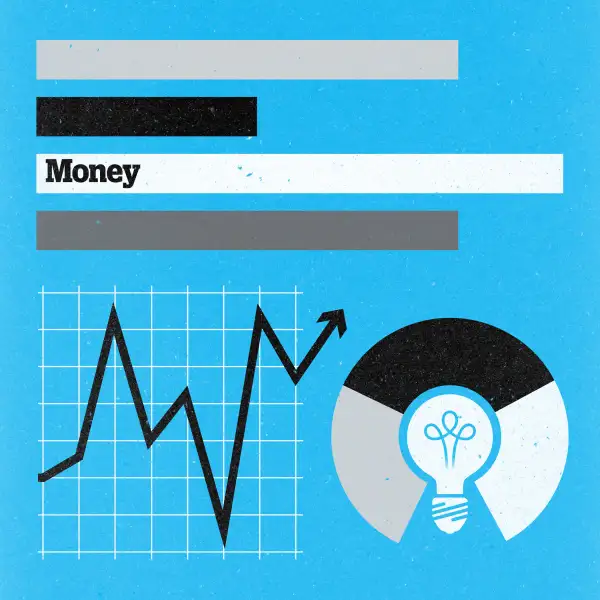When I Sell Real Estate, How am I Taxed?
Money is not a client of any investment adviser featured on this page. The information provided on this page is for educational purposes only and is not intended as investment advice. Money does not offer advisory services.

Q: I bought an investment house to diversify my assets. When I sell later, how do I minimize capital gains? I was hoping to use this as another source of retirement cash, but I'm confused about the capital gains impact. — Kerrie, New Orleans
A: You are smart to think about capital gains taxes now, lest you end up sharing a significant chunk of your gains with Uncle Sam.
Investment property allows for write offs for expenses related to owning the property, but that perk comes with a big trade off: Every penny that you make on appreciation – after accounting for the cost of acquiring and selling the property – is subject to capital gains taxes.
Assuming you will have owned the house for more than a year, you will owe 0% to 20% in federal capital gains taxes. The rate depends on your tax bracket but for most people it’s 15%.
In addition, your state will want to collect its share of tax on those gains. In Louisiana, you’re looking at another 6% in taxes on those gains. And if you depreciated the property, as most real estate investors do, you may need to recapture some of that when you sell the house. For that you’ll owe state and federal tax at your marginal rate.
Depending on how much you have saved for retirement (and where) and the prospects for this property, you might consider holding onto it and using the rental income as retirement income, says Dale K. Cline, a CPA, real estate investor and author of “Banking on Confidence: A Guidebook to Financial Literacy.”
You will need to do that math and make some assumptions about rental trends in your area, but this house could be a nice source of retirement income, says Cline.
Indeed, given that the stock market remains near all-time highs and bond yields are still near record lows, there’s something to be said for holding some of your nest egg in real property.
There’s also an estate planning perk of staying put: The basis — the amount used to calculate capital gains — will reset, or “step up,” to the value of the property at the time of your death rather than when you bought it.
If you’re not so sure about this property’s long-term prospects, you could avoid paying capital gains tax now by doing what’s known as a 1031 exchange. You would need to sell your current investment house for any kind of property in any U.S. market, as long as it is of equal or lesser value.
Another way to avoid capital gains tax is to convert the house to your primary residence, assuming it’s a single-family home and not a multi-unit apartment.
“If you live in the house for at least 24 out of 60 months, it qualifies as a primary residence,” says Cline, in which case you can exclude the first $250,000 in gains if you’re single and $500,000 in gains if you’re married. Note: This does need to be your legal residence for at least two out of five years you own the property, but you don’t need to be living there at the time of sale.